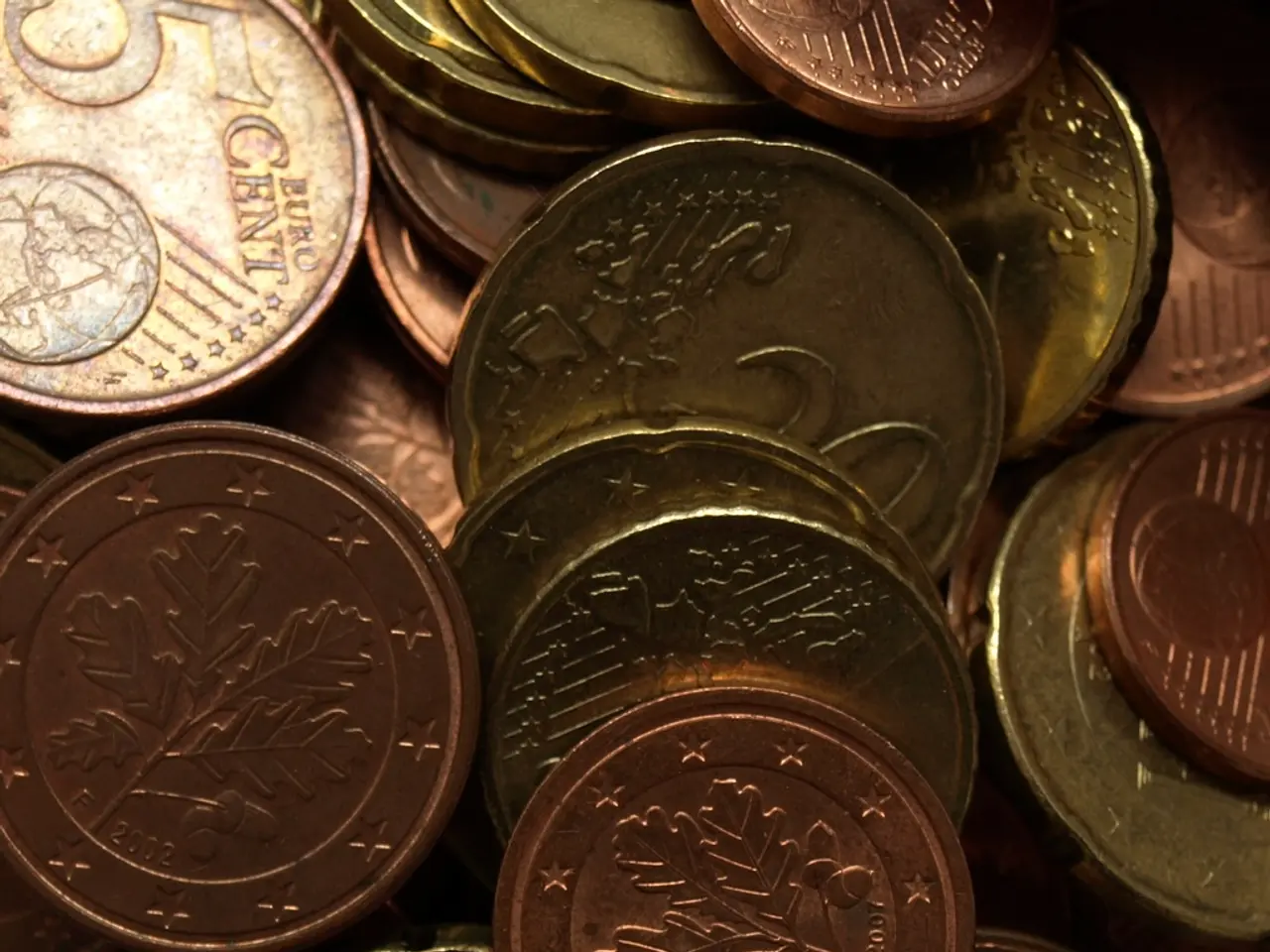State Financial Experts Propose Building Reserves of Bitcoin Managed by Government Entities in China
In the world of finance, Bitcoin is no longer just a speculative asset but a serious contender in discussions about the future of the international financial system. This shift in perspective is becoming increasingly evident, as central banks worldwide seek alternatives to the US dollar due to deficits, inflation, and falling real yields.
One such institution advocating for Bitcoin as a reserve asset is the Chinese financial think tank, the Institute of Monetary and Financial Research (IMI). Founded in 2009 by the Ministry of Education and the municipal government of Beijing, the IMI is a non-profit research institution focusing on monetary finance, affiliated with the state-run Renmin University.
In a recent development, the IMI published a note recommending Bitcoin as a new option for reserve assets. This recommendation comes in the wake of a paper by former US economic advisor Dr. Matthew Ferranti, published by the Bitcoin Policy Institute, suggesting Bitcoin as a potential reserve asset for central banks. The paper, translated and published on the official WeChat account of the IMI Financial Observer, lists reasons such as protection against inflation, geopolitical tensions, bypassing sanctions, and an alternative to the US dollar as advantages of using Bitcoin as a reserve asset.
However, it is important to note that the IMI is not an official government organ and does not have the same impact as changes in the law or statements by the central bank. Nevertheless, the publication marks a significant impetus in strategic considerations about reserves and hedges against geopolitical risks.
Meanwhile, legal experts in China have emphasized the need to officially recognize cryptocurrencies as assets. This recognition could pave the way for Bitcoin to be considered as part of a hedging strategy, among other things, against the risks of USD hegemony, as suggested by the IMI.
Despite this growing interest, it remains unlikely that China will introduce Bitcoin as a payment method or replace the Yuan or its digital central bank currency. The rules around Bitcoin and other cryptocurrencies remain restrictive in mainland China, with them being neither considered financial assets nor suitable for institutional trading.
The debate surrounding Bitcoin's role in the global financial system is far from over. US Vice President JD Vance sees China's hostile attitude towards Bitcoin as a reason to bet on Bitcoin in the competition with China. As the conversation continues, one thing is clear: Bitcoin is a serious reserve asset, and its potential as a reserve option for sovereign funds and central banks is being seriously considered.
This article references two other articles: "China: New Rules for Seized Cryptocurrencies" and "US Intelligence Economist: Why Central Banks Should Buy Bitcoin". As the conversation around Bitcoin's future evolves, it is essential to stay informed about the latest developments.








